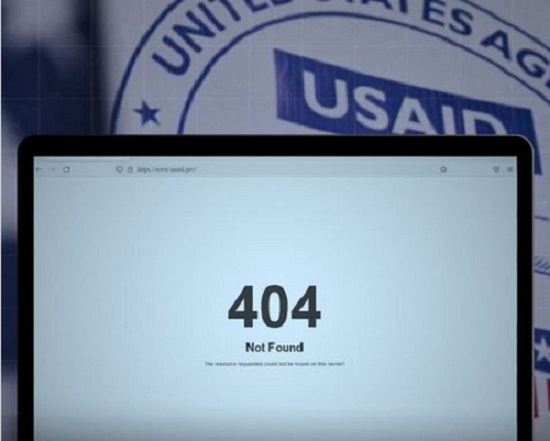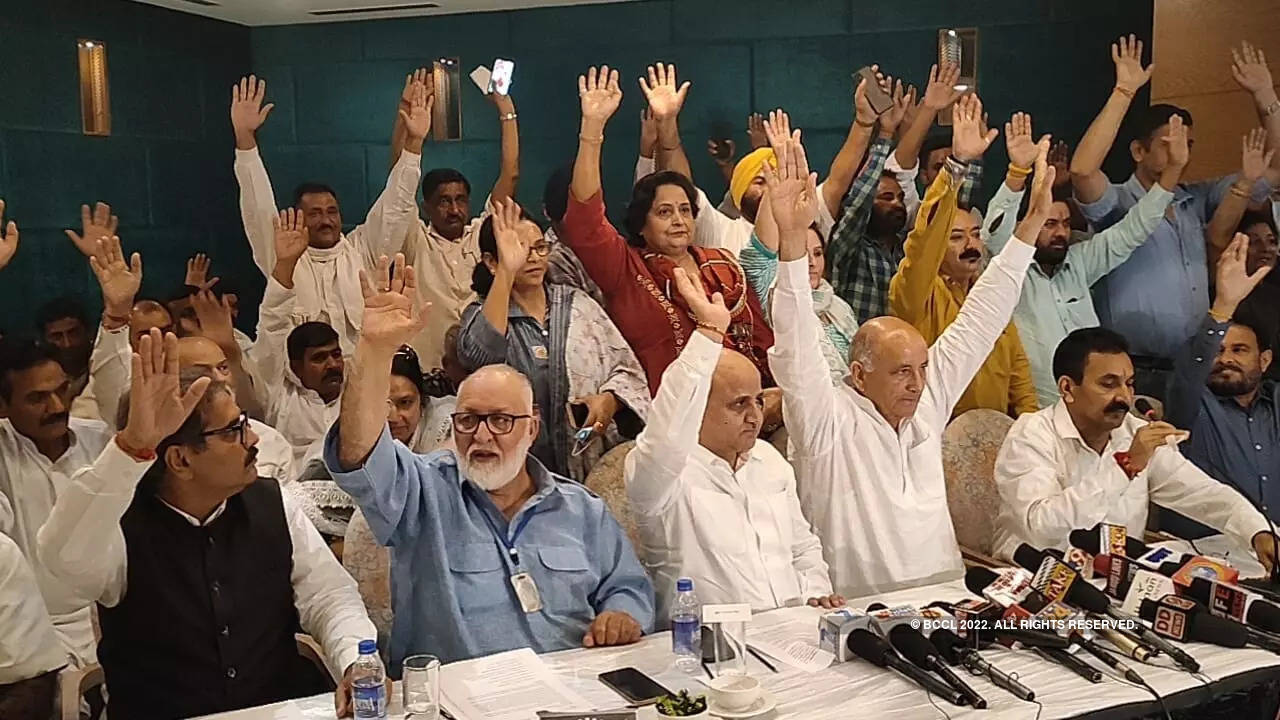Social Welfare Schemes Stalled, Citizens Struggle for Access
The Digital Blackout That Silenced Services
For over two months, several essential government portals in Jammu & Kashmir have remained non-functional, plunging administrative processes and social support services into disarray. From subsidized health coverage to marriage assistance for poor families, thousands of beneficiaries are left in limbo—unable to apply, renew, or verify their records due to a crippling digital outage.
A Breakdown of Affected Portals
| Website/Service | Impacted Area of Public Use |
|---|---|
| Food Supplies Portal | No registration for Golden Cards, ration cards |
| JKPaySys | Delays in government salaries and payments |
| School Education Portal | Suspension of student records and updates |
| JKPSC & JKSSB | No access to job applications, exams, updates |
| Revenue & Land Records | Halted land mutation and ownership documentation |
| Marriage Assistance Scheme | Inaccessible for low-income brides |
Real-Life Fallout: Stories from the Ground
- Saira Begum, a widow from Anantnag, says she couldn’t access her Golden Card renewal, forcing her to borrow ₹48,000 for her son’s heart treatment.
- Rehmat Ali, a daily wage worker, missed the deadline for the Marriage Assistance Scheme, leaving his daughter without crucial support on her wedding day.
- Teachers across Kupwara report delays in salary processing, leading to unpaid bills and mental stress.
- Students couldn’t update board exam applications, causing panic in households already coping with financial pressure.
What Caused the Shutdown?
This is not just a technical glitch—it’s a consequence of ignored cybersecurity protocols. The Ministry of Electronics & Information Technology (MeitY) mandated a shutdown of websites that failed to submit CERT-In security audit certificates. Many J&K departments missed the deadline or submitted incomplete reports.
The security audits are meant to safeguard portals against cyberattacks and data leaks. But lack of coordination, budget constraints, and bureaucratic delay have triggered this digital freeze.
Government Reaction & Interim Solutions
Minister Sakina Itoo has acknowledged the disruption and promised offline registration options, particularly for health-related benefits. The government is now exploring ways to link Golden Card applications to ration card databases, even as access to both remains patchy.
In an emergency meeting, officials suggested setting up block-level help centers where citizens can manually apply for essential services until portals are restored.
What Must Be Done
Short-Term Actions
- Immediate restoration of priority websites
- Offline support counters in rural and urban areas
- SMS alerts and hotline numbers for urgent cases
- Transparency in updates and rollback strategy
Long-Term Recommendations
- Regular cybersecurity audits
- Investment in robust hosting and backup systems
- Training of IT staff in government departments
- Integrating Aadhaar and Golden Card data with secure national databases
- Reducing dependence on centralized cloud systems vulnerable to single-point failure
Final Thoughts: A Crisis of Connectivity and Compassion
This isn’t just a tech issue—it’s a humanitarian disruption. In a region already dealing with infrastructural challenges, poor digital governance has pushed vulnerable communities further to the edge. The failure to maintain cybersecurity protocols has revealed a deeper flaw: a disconnect between technology and accountability.
Until these portals come back online, civil society, press, and local administration must act as bridges—ensuring that no citizen is left in the dark, especially when their welfare, dignity, and survival depend on a functioning login screen.



